blog
Book Review: Lost Venice by Sarah Hadley
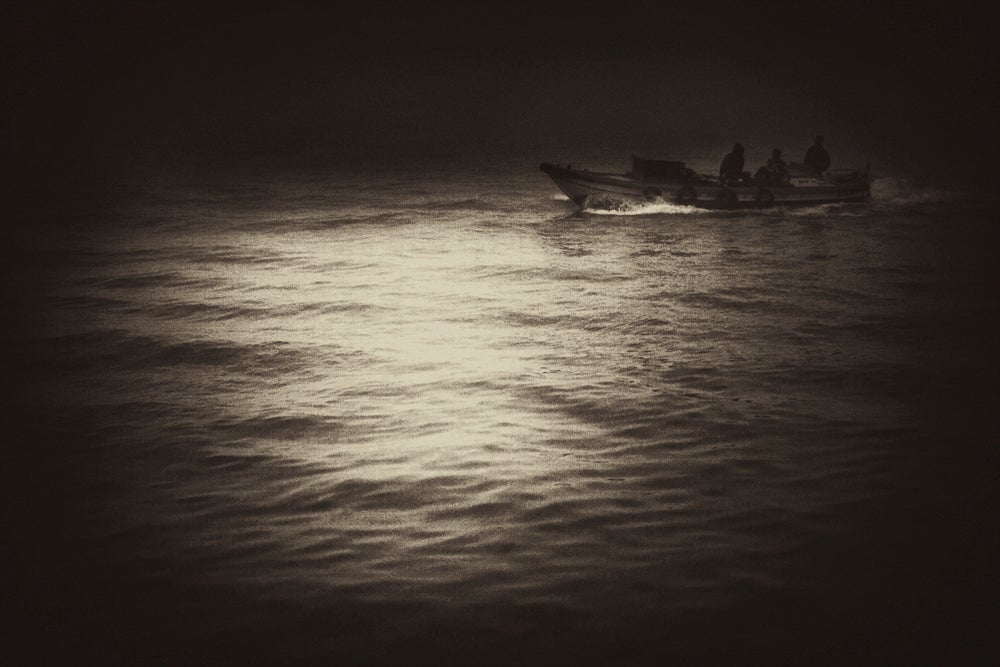
© Sarah Hadley, Topeto
Sarah Hadley interweaves the concept of memory with images that evoke a sense of the past, a place and a time particular to the Venice, Italy of her youth. But the idea of place is secondary to the concept of time. Time lost with a parent, time that now only exists or which can only be revisited in memory. In the case of Lost Venice, Hadley’s father, to whom the book is dedicated, plays a central role and is the impetus behind her project and resulting book.
It’s too easy to speak of melancholy and use words like nostalgia, or haunting to talk about Hadley’s Lost Venice. There’s a greater sense of contemplation, reflection, and creating a dialog with the past. It’s like writing a letter to someone who you know will never read it. Someone who never got to hear what you feel the need to say aloud, to commit to a page in their honor. In Hadley’s case, these feelings are expressed through her images. Her philosophical exploration of memory, beauty, and loss is reflected in her scenes of Venice, as applied to the flow of life and nature and spirituality.
Water is never far from anything Venice, and it appears in many of Hadley’s images. The fluid and seemingly poetic characteristic of water echoes the concept of time and the transitions of life, which is especially poignant here. We see images of narrow passages, walkways adjacent to Venetian canals, cityscapes, waterscapes, and interiors of buildings which we know are in a constant state of decay. Hadley often presents views as if we are looking through an out of focus privacy screen, or a window with thick glass that softly distorts our view. The technique creates a visual barrier which implies we cannot physically cross into the scene in front of the lens. The notion of viewing a scene by peeking through a screen, a fence or a partially closed door, lends itself to the idea of how a child would curiously or cautiously choose to observe people or places. By viewing theses spaces either in secret or out of caution – the power of Hadley’s images convey the very personal connection she had, and continues to have with Venice and her father; for time gone by, or a place and feeling remembered. Hadley believes she saw her father’s doppelgänger years ago when she was photographing Venice. The experience helped guide her to make the project that would become Lost Venice.
“Venice, Italy is a haunting, surreal and mysterious place with a storied past,” Hadley says in a statement about the project. “It’s seemingly endless maze of passageways and canals have fascinated me since I was a child. And while most people visit Venice and see only its overwhelming beauty, I see a dark and sadder side as well. I see a city clinging to a bygone era and splendor and I see a Venetian way of life that is rapidly changing while its foundations are eroding. For me, the city is also haunted with memories of my childhood and the loss of my father. …We traveled to Venice often for my father’s work and I lived and worked there in my twenties. The sadness in these photographs is about death of my father, who died suddenly when I was 25, and it is also my feelings about the loss of my childhood home, (a) Venetian Palace, and about the fragility and impermanence of things.” – Sarah Hadley
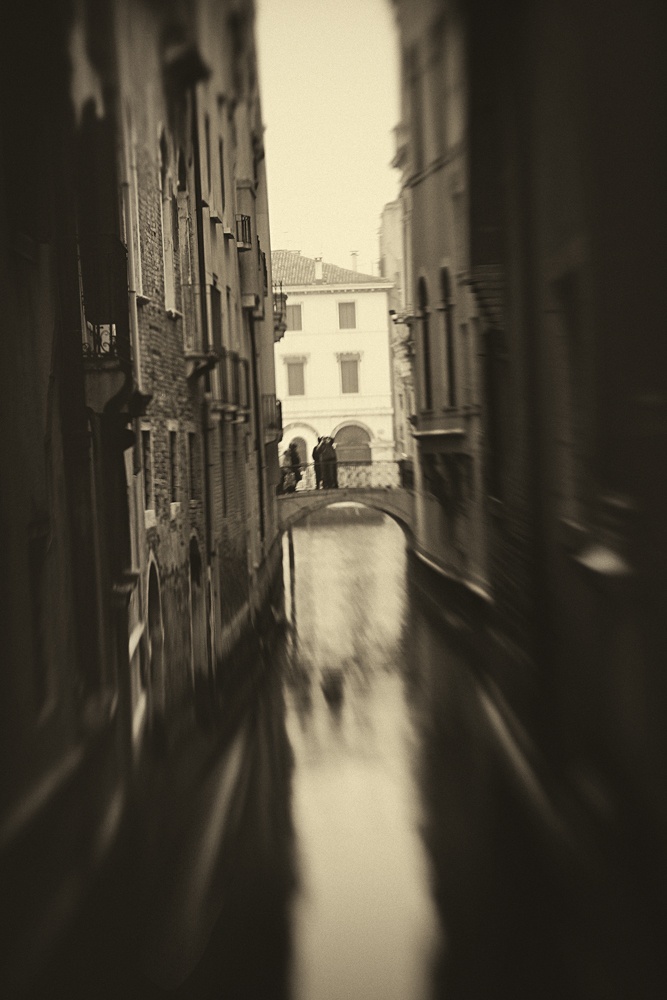
© Sarah Hadley, Sussurri
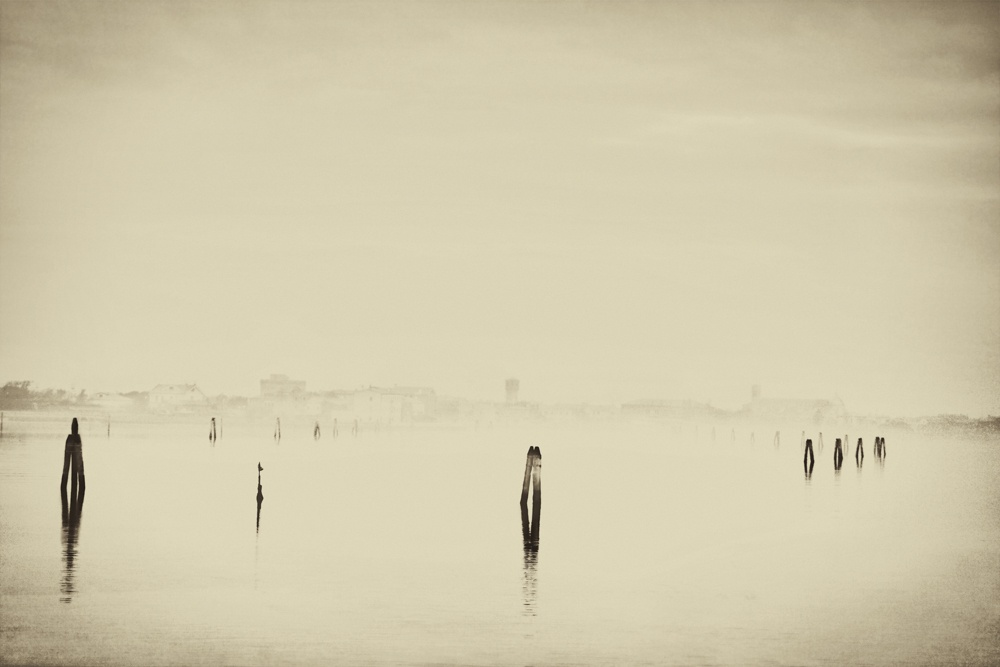
© Sarah Hadley, Pellestrina
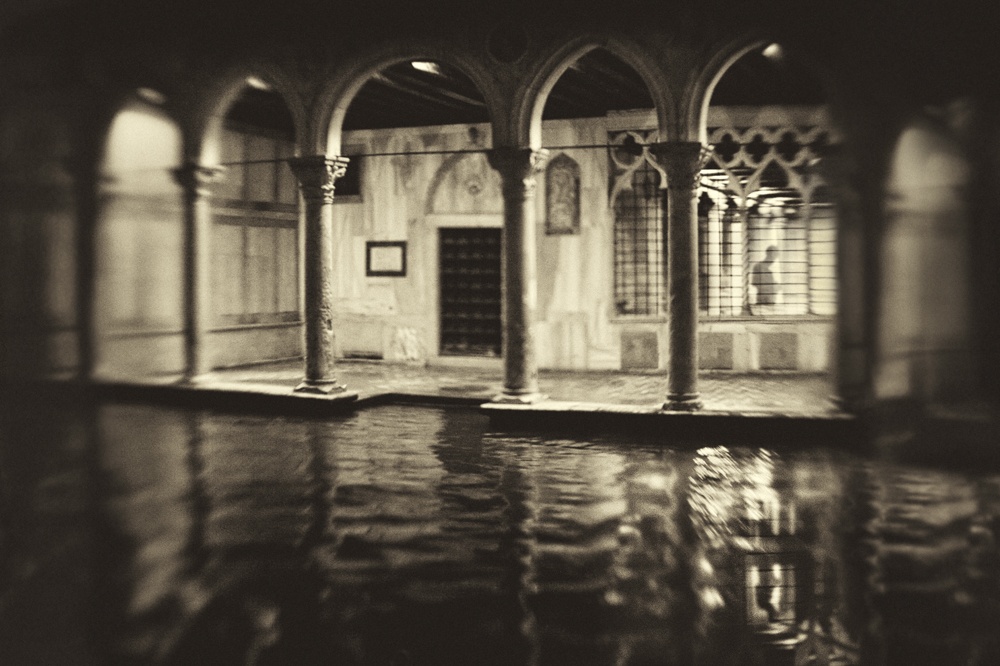
© Sarah Hadley, Night Vision
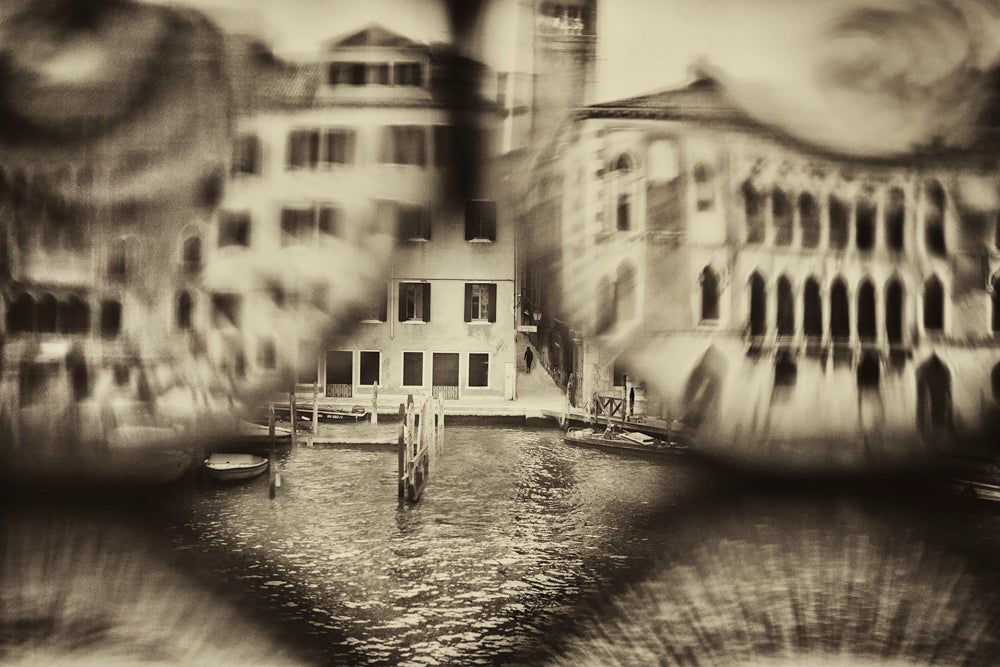
© Sarah Hadley, Lost
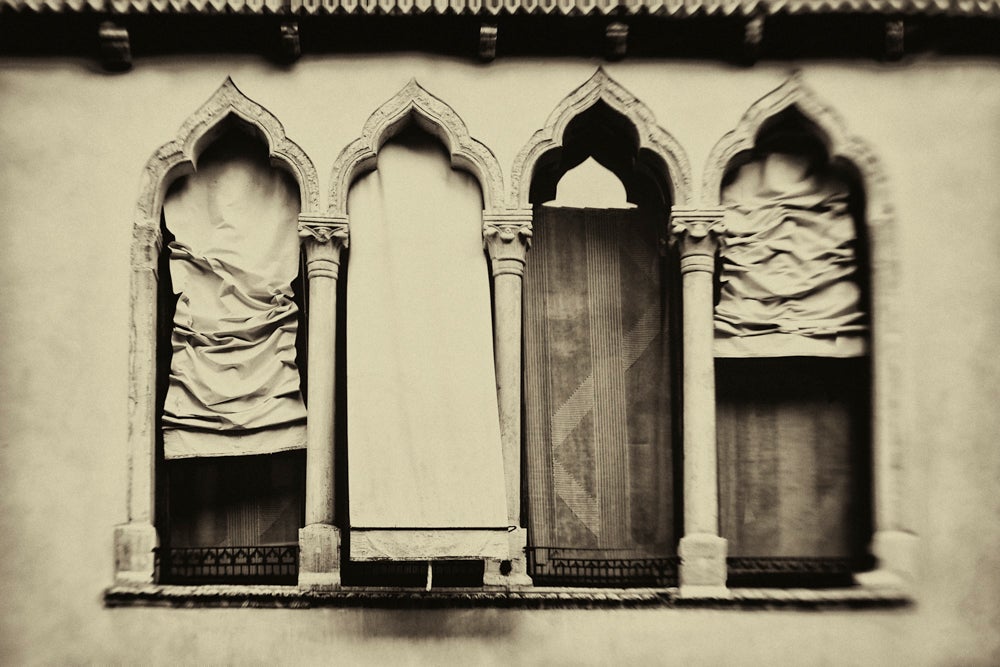
© Sarah Hadley, Awnings
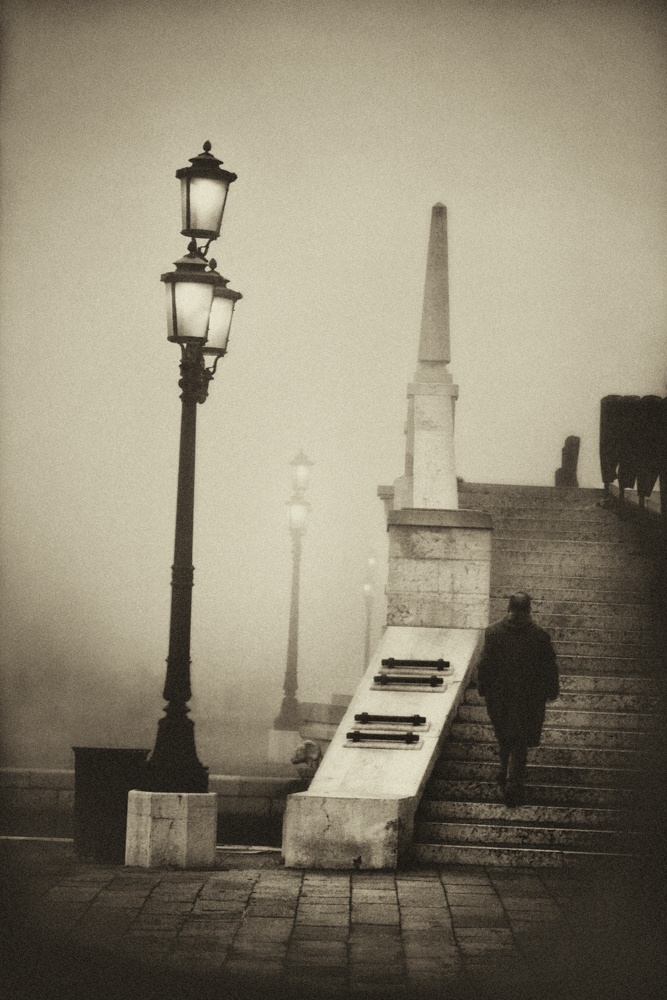
© Sarah Hadley, Ascension
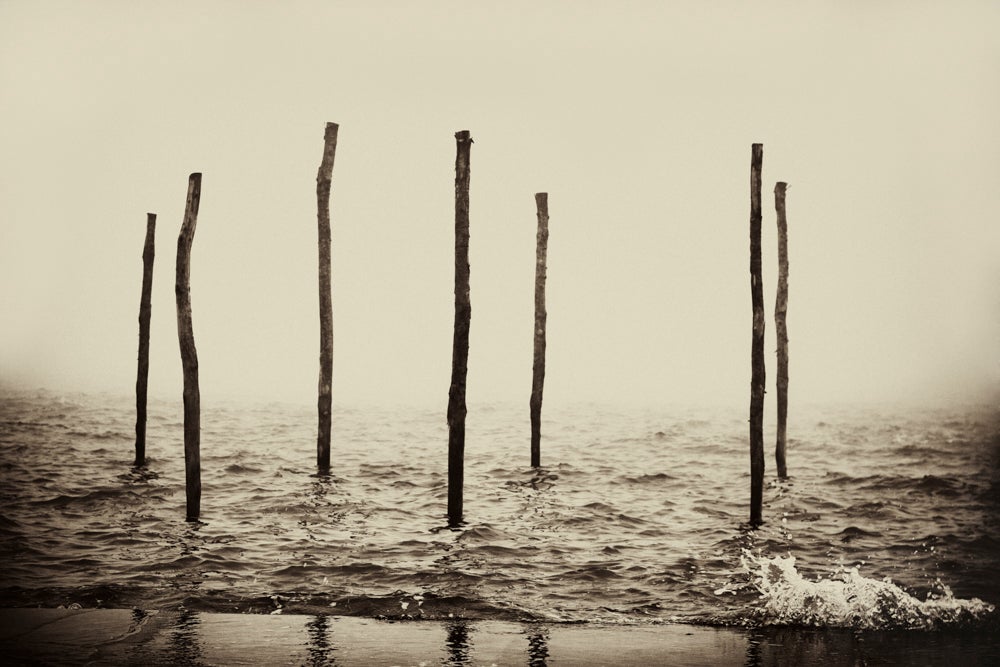
© Sarah Hadley, Loss

© Sarah Hadley, Gondola
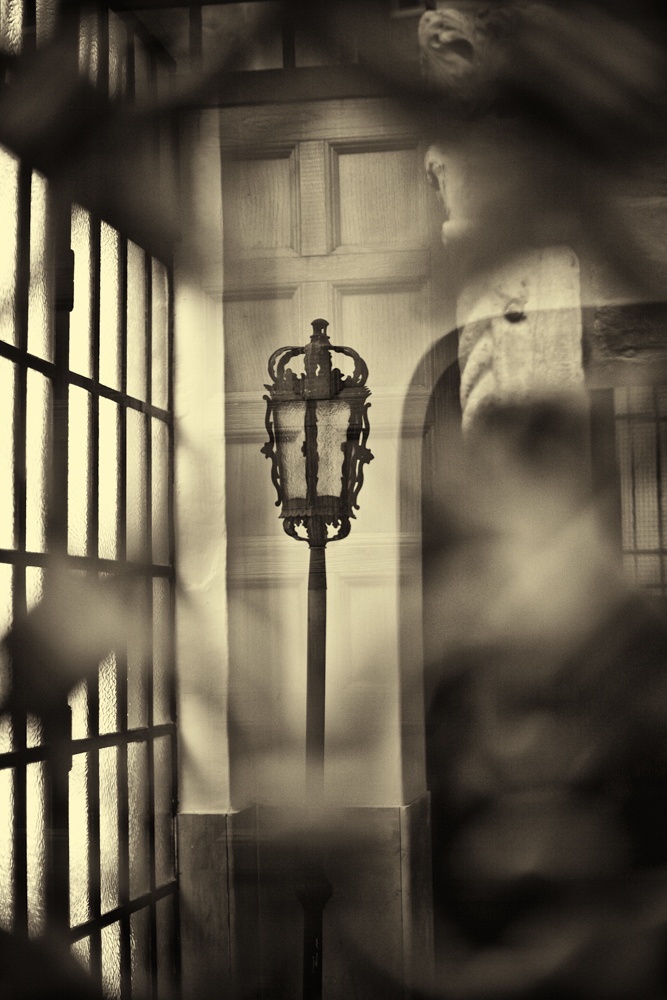
© Sarah Hadley, Mysterious Palazzo
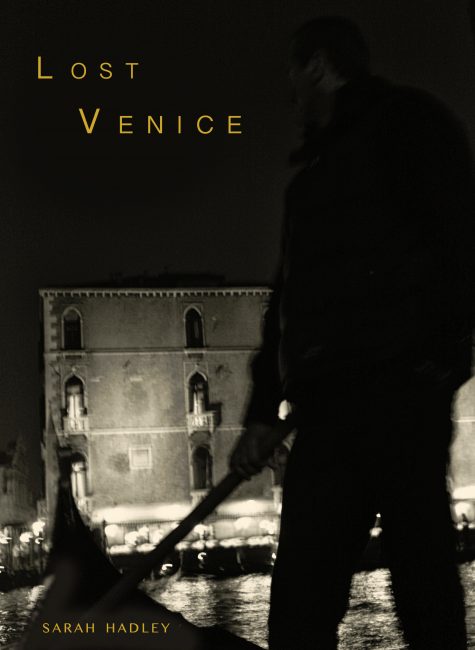
Lost Venice
by Sarah Hadley
Published by Damiani Editore
Hardbound
ISBN 978-88-6208-706-3
18.3 x 23.3 cm / 7/15 x 9/16 inches
56 pages, 25 color and b&w
April 2020
Location: Online Type: Black and White, Book Review
Events by Location
Post Categories
Tags
- Abstract
- Alternative process
- Architecture
- Artist Talk
- artistic residency
- Biennial
- Black and White
- Book Fair
- Car culture
- Charity
- Childhood
- Children
- Cities
- Collaboration
- Community
- Cyanotype
- Documentary
- Environment
- Event
- Exhibition
- Faith
- Family
- Fashion
- Festival
- Film Review
- Food
- Friendship
- FStop20th
- Gender
- Gun Culture
- Habitat
- Hom
- home
- journal
- Landscapes
- Lecture
- Love
- Masculinity
- Mental Health
- Migration
- Museums
- Music
- Nature
- Night
- nuclear
- p
- photographic residency
- Photomontage
- Plants
- Podcast
- Portraits
- Prairies
- Religion
- River
- Still Life
- Street Photography
- Tourism
- UFO
- Water
- Zine

Leave a Reply